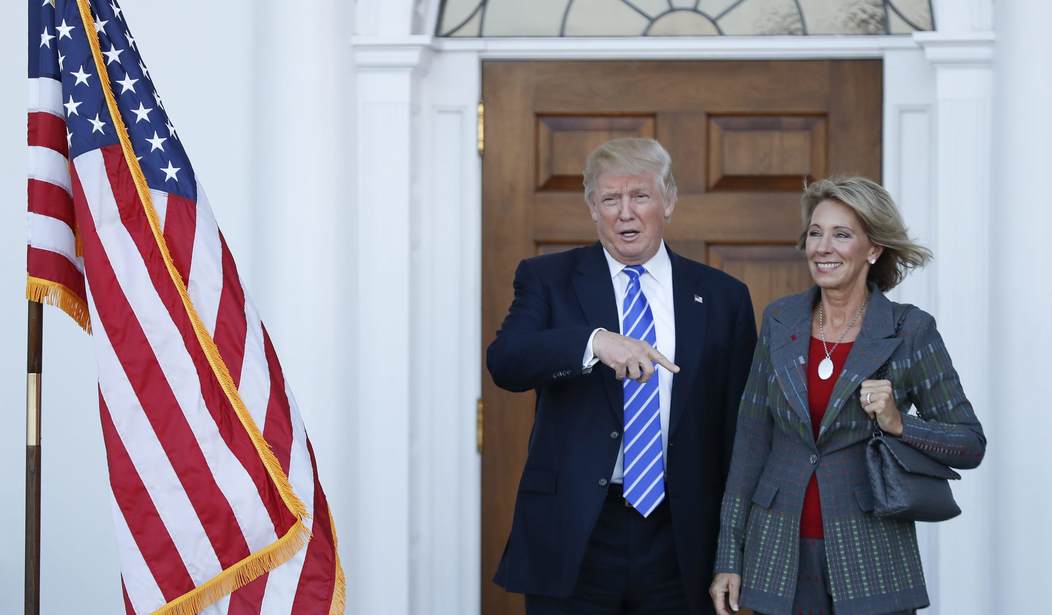When is “decriminalization” not the same as “legalization”? Never, according to California Assemblymember Travis Allen (R), unless you’re a Democrat in California.
He’s used that argument to take aim at SB 1322, which decriminalized underage prostitution Jan. 1 in California.
The idea is to move teenage and adolescent prostitutes to youth shelters rather than jail.
But Allen slammed the new law hard as he could in December with a Washington Times op-ed in which he accused SB 1322 sponsor Sen. Holly Mitchell (D) of legalizing teenage prostitution by decriminalizing it.
Underage prostitution is a huge problem in California. The state is home to three of the top 13 cities for child sex trafficking in the world: San Diego, San Francisco and Los Angeles.
A University of San Diego study showed the underground sex economy in San Diego alone generates $810 million in annual revenue, the average age of prostitutes is 16 — but many are 12-14 years old – and the average underage hooker is usually “trafficked for three years” before ever encountering a cop.
“As Alameda County District Attorney Nancy O’Malley, a national leader on human trafficking issues, told the media, ‘It just opens up the door for traffickers to use these kids to commit crimes and exploit them even worse,’” Allen wrote in his December op-ed.
However, Mitchell wrote on her legislative website that her bill to “decriminalize” child prostitution is far from legalization of one of the longest-standing taboos of the Western world.
“This legislation addresses ‘childhood prostitution’ as what it is; statutory rape of a child victim. Children are legally not able to consent to sex and, as such, should not be prosecuted as criminals,” Mitchell wrote.
SB 1322 mandates that children engaged in selling sex “should not be prosecuted as criminals.” That’s the phrase Mitchell sees as decriminalization, which Allen sees as abject legalization.
Allen also wrote that while Mitchell was no doubt sincere in the belief that decriminalizing underage prostitution would help the children who are the victims of the crime, the legislation was typical of “progressive-left policymaking.”
“It ignores experience, common sense and most of all, human nature — especially its darker side,” Allen wrote.
“Pimping and pandering will still be against the law whether it involves running adult women or young girls. But legalizing child prostitution will only incentivize the increased exploitation of underage girls,” Allen added.
Mitchell said her intentions were pure, no matter how Allen tries to smear them. All she wants to do is to protect child prostitutes from their pimps.
“This notion perpetuated by Assemblymember Travis Allen, that my bill legalizes prostitution and commercial sex for minors, is categorically untrue,” Mitchell said in a statement.
“It remains unlawful for a person under the age of 18 to consent to sexual intercourse in the State of California, and that law remains in effect and is not changed with the implementation of my bill,” she added.
Still, Allen has refused to back down.
He wrote another op-ed in January, this time in the Orange County Register, and argued again that Mitchell and Gov. Jerry Brown have legalized child sex trafficking and teenage prostitution in California.
“Until a few days ago,” Allen wrote in the op-ed published Jan. 8, “it was against the law in California for a minor to solicit or engage in prostitution. Now, it’s not. Anyone claiming otherwise is fooling themselves.”
Not only had Democrats legalized child prostitution, intentionally or not, wrote Allen, but they were “compounding the error with a disinformation campaign to conceal the stark reality of their new law.”
Even without the influence of Allen and Mitchell, California police are not busting as many hookers or johns. Attorney General’s Office statistics show the number of people arrested for prostitution fell 34 percent over the past decade.
Deputy District Attorney Brad Schoenleben told the Orange County Register attitudes are changing.
“You can’t throw the word ‘slavery’ around carelessly,” Schoenleben said. “But we are dealing with modern-day slavery here. These women are branded, controlled, forced to do things against their will.”
What if Mitchell’s idea works? What if police start leading young girls off the streets of California and into residential shelters or other sanctuaries of freedom?
That could be a problem, said Jane Creighton, coordinator of the human trafficking unit at the Los Angeles County District Attorney’s Office.
“Right now, service groups are struggling with what they have in place — there [are] just not enough resources,” Creighton told the Los Angeles Times. “I am not saying these bills should never pass. But we are not ready for them right now.”
Here’s another worst-case scenario: What if pimps start using underage girls to recruit other underage girls?
Chief Deputy District Attorney Summer Stephan, who runs the Human Trafficking Advisory Council in San Diego, said it could be that no one could be held legally responsible.
However, she also told the Los Angeles Times in August that she was glad to see lawmakers paying attention to the complex issue of human trafficking.
“It is one we cannot afford to lose,” she said.









Join the conversation as a VIP Member